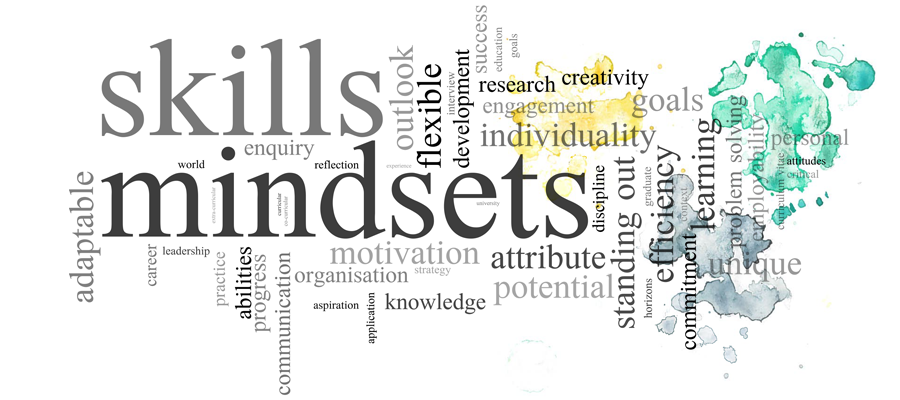
Gavin McCabe, Employability Consultant, offers readers an easy but effective approach to increase student employability…
I find the Teaching Matters blog continually encouraging and motivating. Although the articles don’t always explicitly mention graduate attributes, employability or student development (my primary areas of responsibility), they do highlight the range of learning and teaching approaches used and, through this, implicitly point to the diversity of graduate attributes being fostered. As Shelagh Green’s article at the beginning of this month highlighted, these attributes are central to student’s success, to their employability and to high quality pedagogical design.
But good articles also give me pause for thought. That was certainly the case for Tobias Thejll-Madsen’s recent article which offered his insights as someone about to graduate. While writing passionately about project-based and experiential learning, he also wrote about his and other students’ perception that our educational experiences often do not build the attributes students need for success after their studies and beyond academia. For some, this may have made for uncomfortable reading. Unfortunately, it is a belief that I and others, such as Careers Consultants, hear all too often when talking with students. I want to offer one simple step you can take to start addressing this mismatch.
Hidden value
First, we need to ask how this perception even arises when our existing curricula implicitly develop valuable graduate attributes. There are multiple reasons but I think part of the answer is rather simple and to do with the word ‘implicit’.
When speaking with students or when working with staff to think about their teaching in relation to student development and employability, it is clear that the wealth of graduate attribute development within our curricula is mostly implicit not explicit, not only to our students but also to staff themselves.
Yet graduate attributes are everywhere within our curricula. Consider some of the basic building blocks of programme and course design. Subject Benchmark Statements and the SCQF descriptors are full of graduate attributes. And most Learning Outcomes for our own programmes and courses will have at least one skill at their core, such as analysis, critical thinking or communication. These will rightly be expressed in a context- and discipline-specific way, but these skills also have a much broader relevance for students elsewhere in their studies and in their future. That is, the same analytical, critical thinking or communication skills will often also be important in students’ part-time work and volunteering, and in their future careers inside or outside of academia. By harnessing diverse educational practices, we will encourage the breadth and depth of attributes that are necessary for our students’ future successes, and through this, we will create the vital building blocks of their employability. You can read more about graduate attributes and their connection to every learning, teaching and assessment choice we make as educators in this Teaching Matters article.

Taking action
The wealth of graduate attribute development that goes on within our curricula is certainly to be valued, encouraged and expanded. But if those designing students’ learning experiences don’t see or articulate the attributes being developed, it’s unlikely that many of our students will recognise them either.
So what is one simple thing you can do to help build your students’ employability? Next time you are informing your students about the learning outcomes at the start of a course/programme, why not also tell them what attributes they will be developing as a result and will need for success in your assessments? It will only take a couple of minutes at most but will build your students’ awareness and will highlight some of the wider relevance and value of your course/programme to students.
It’s an important first step, and if you’re interested in doing more please do get in touch – we’d be delighted to help find approaches that are right for you and your context.



